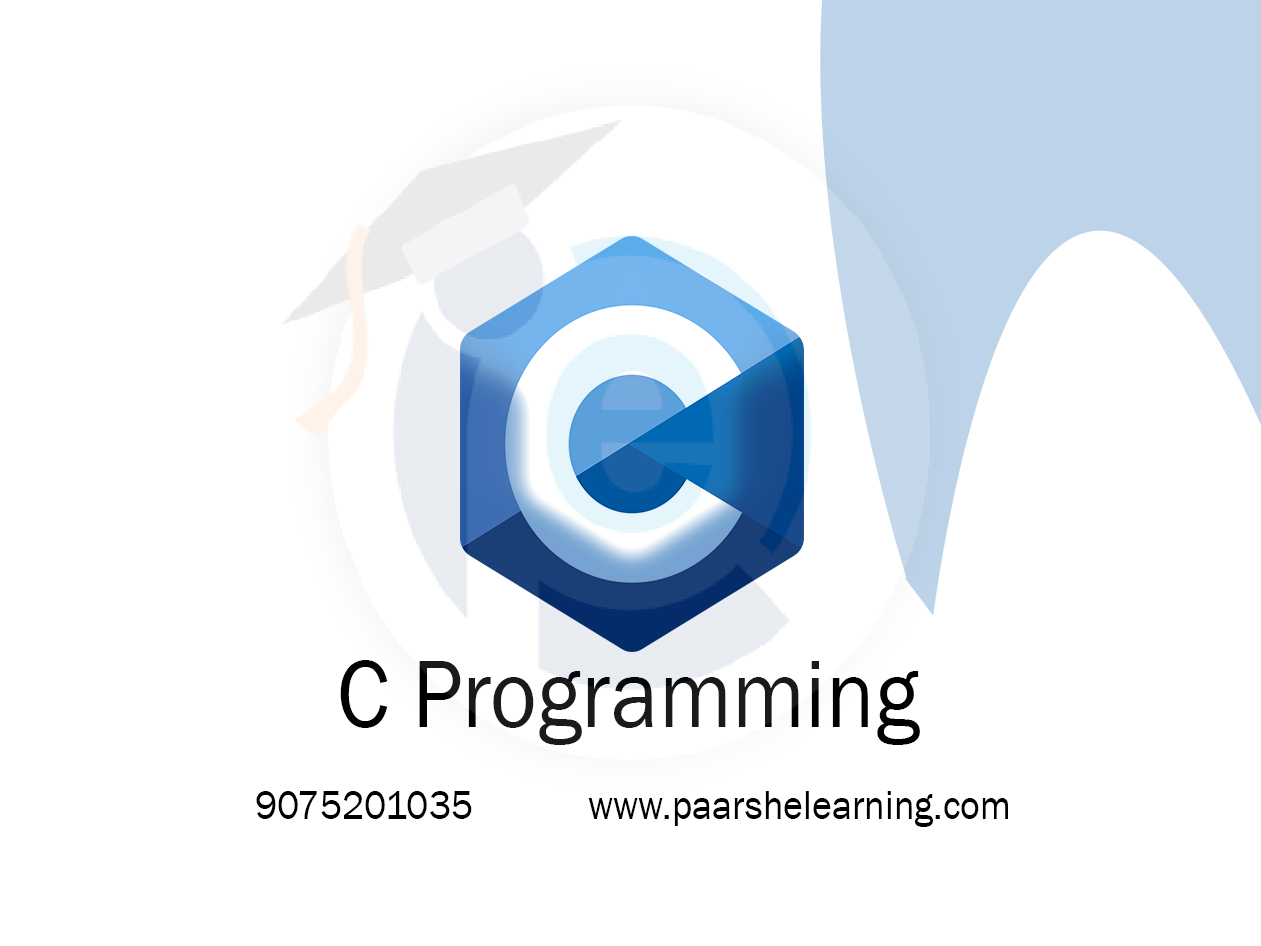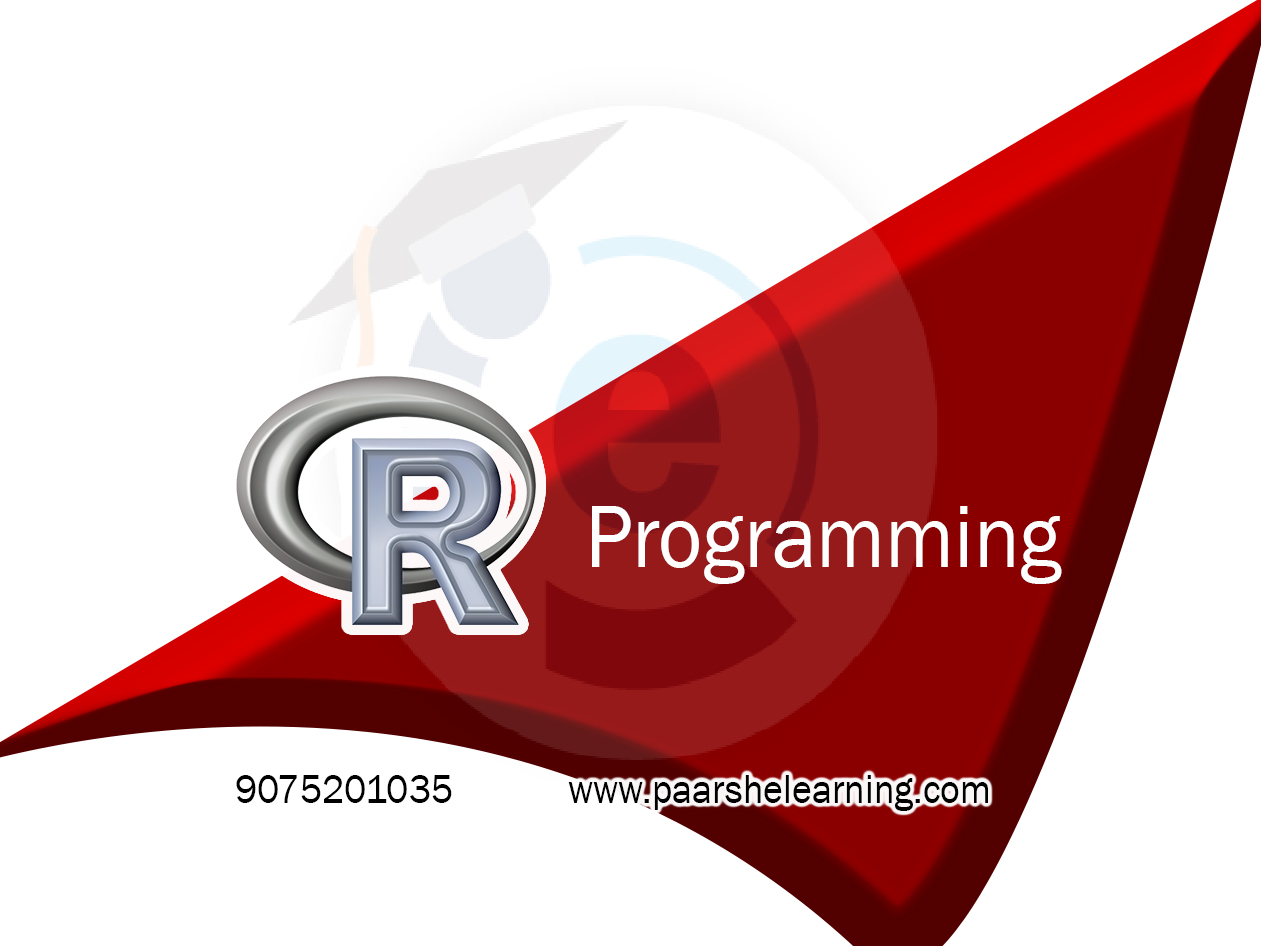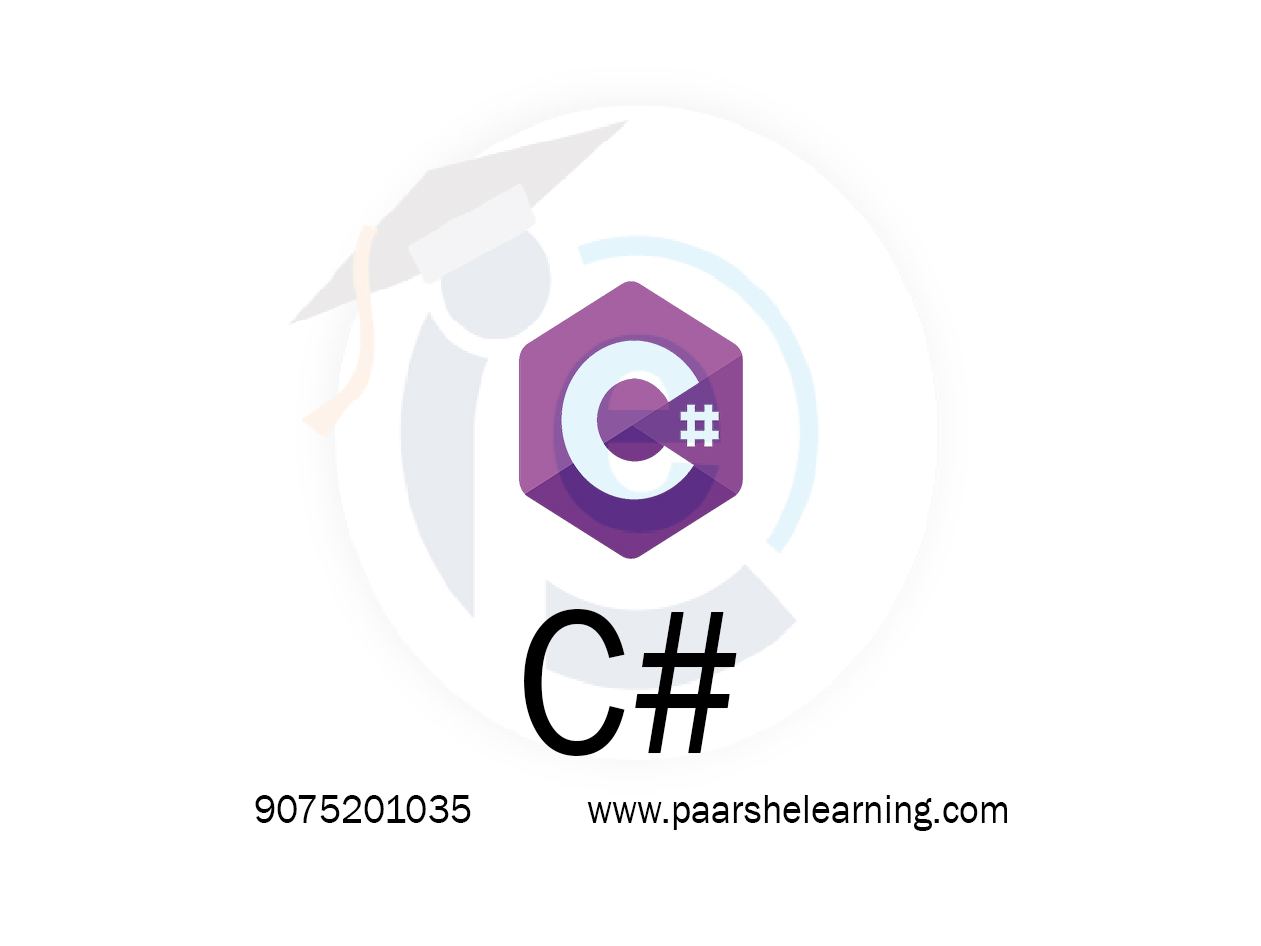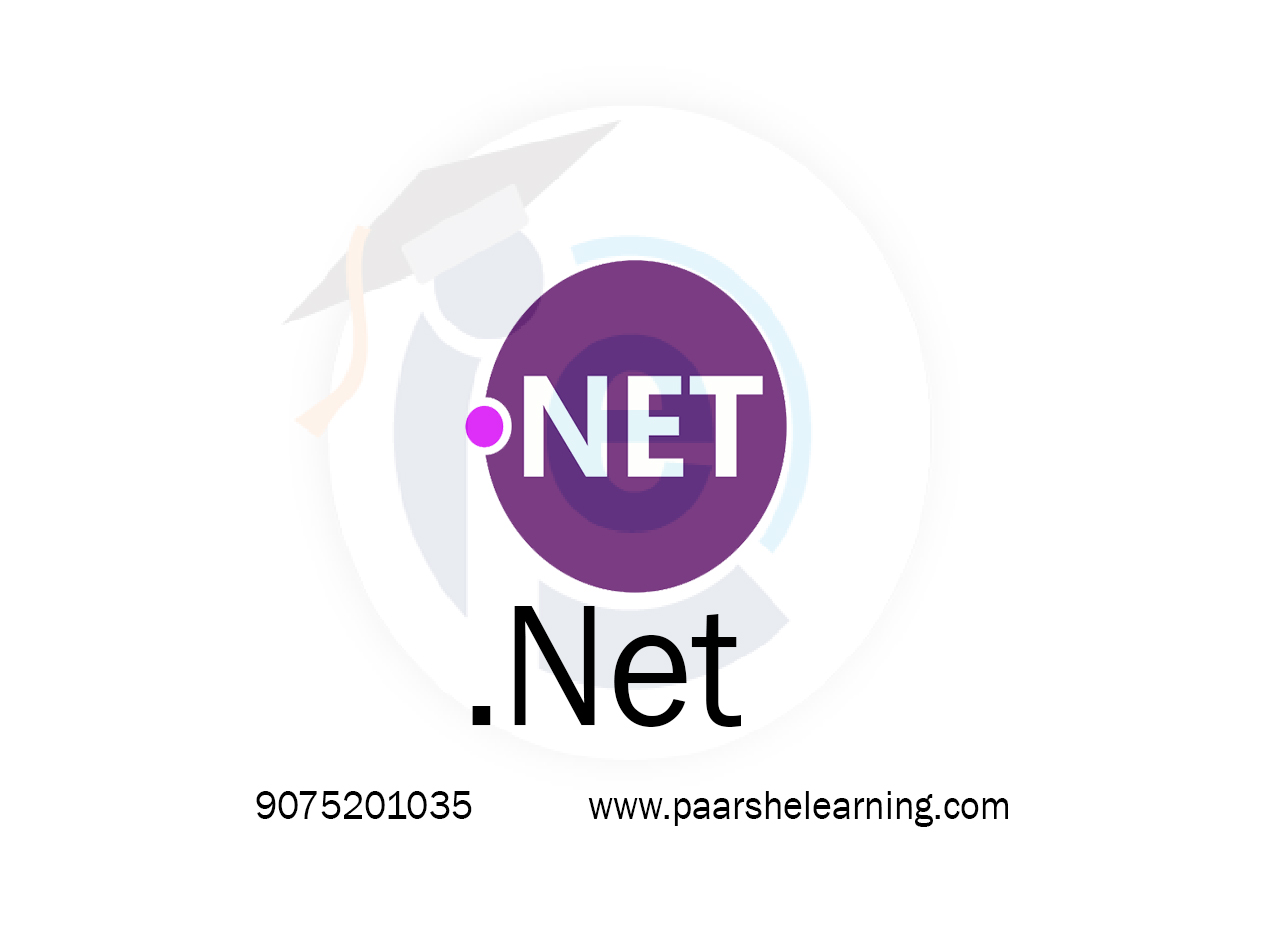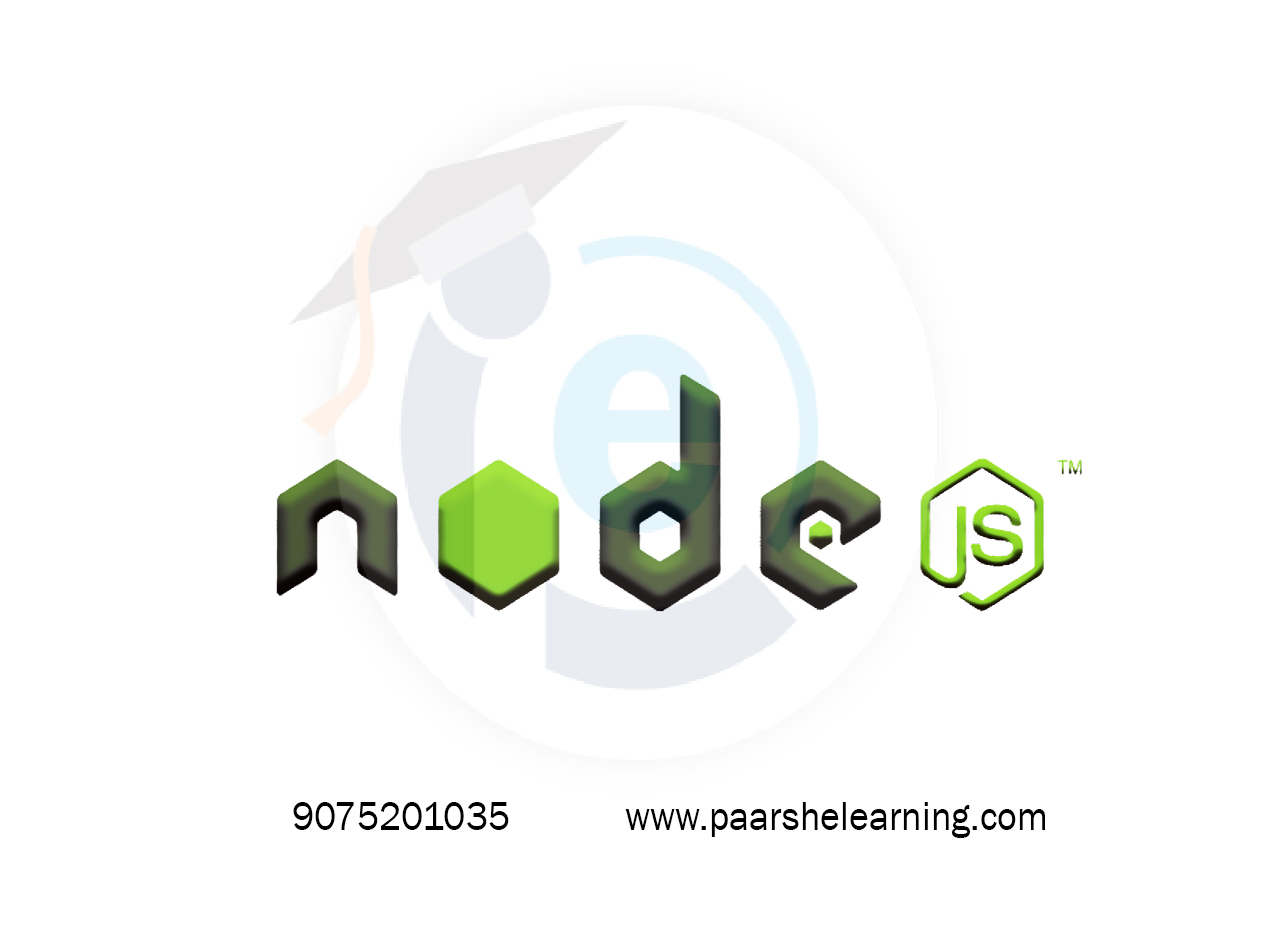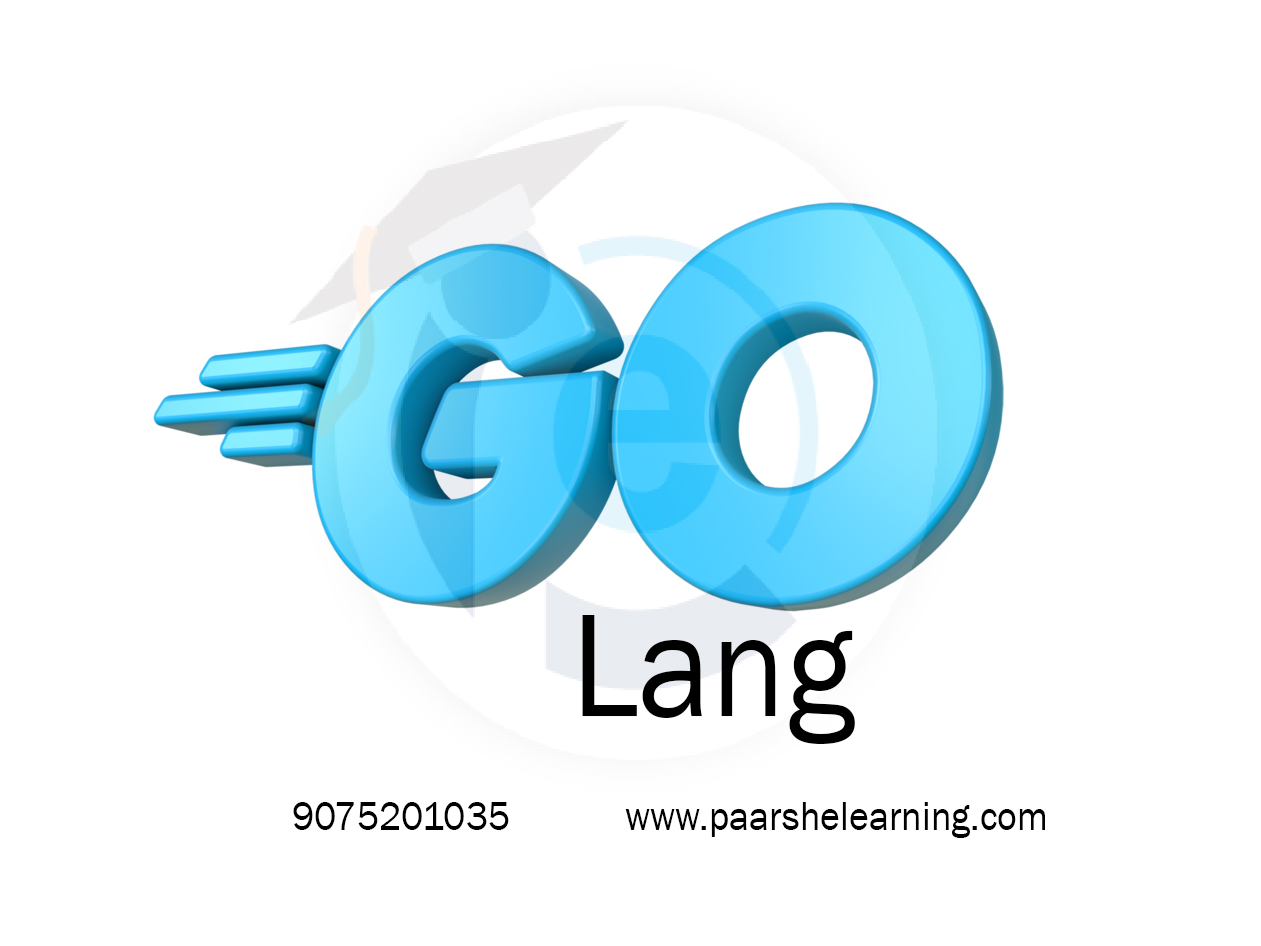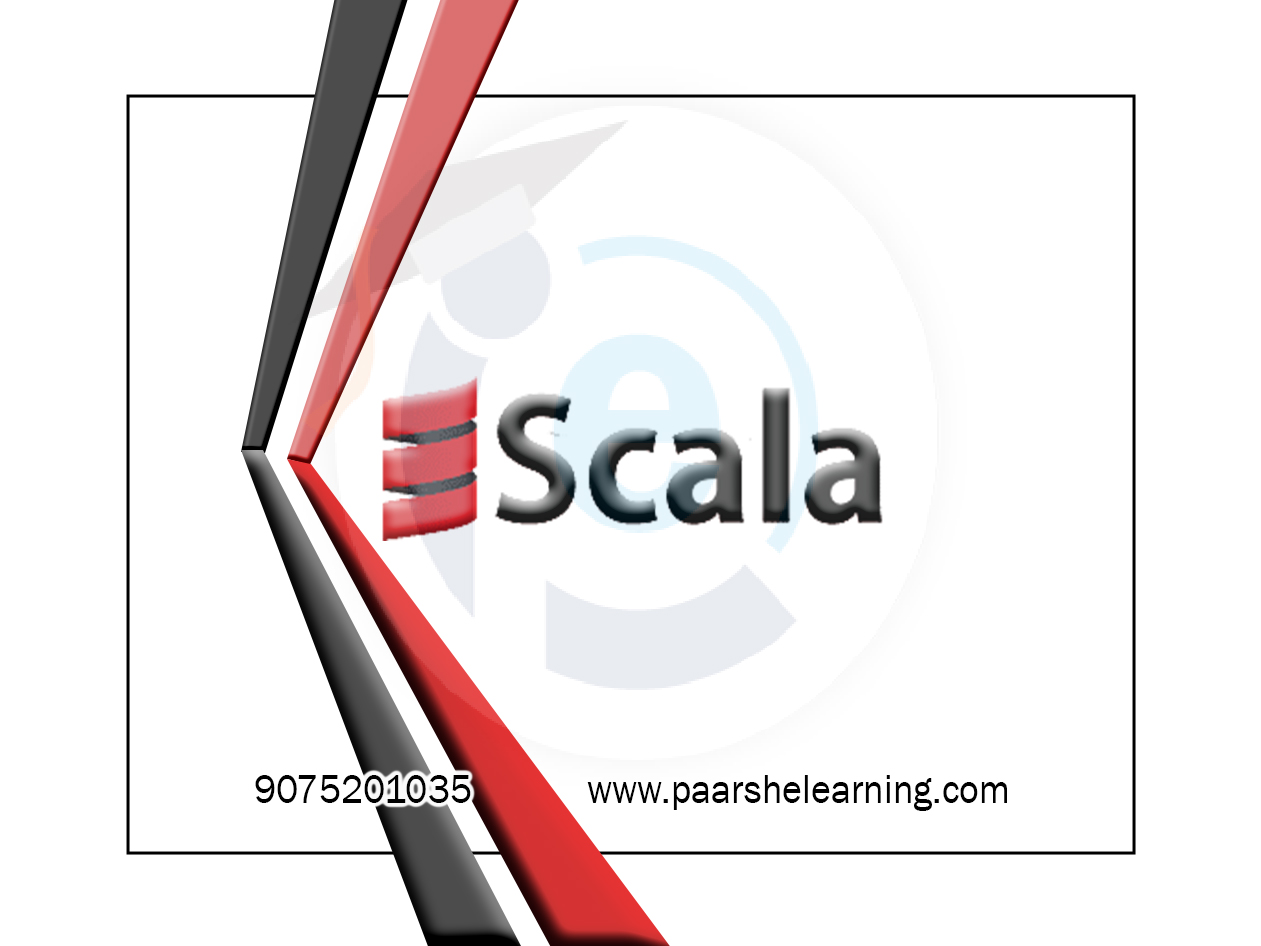- Basic syntax and control structures: C has a simple, but powerful syntax that allows you to write efficient and concise code. You'll learn how to use variables, functions, loops, and conditional statements to create programs that can perform complex tasks.
- Data types and operators: C supports a wide range of data types, including integers, floating-point numbers, characters, and arrays. You'll learn how to use these data types, as well as arithmetic, comparison, and logical operators to manipulate data.
- Pointers and memory management: C is known for its use of pointers, which allow you to directly manipulate memory. You'll learn how to use pointers to create data structures, dynamically allocate memory, and avoid common memory-related errors.
- Input and output: C provides several functions for input and output, including printf and scanf. You'll learn how to use these functions to read data from users and write data to the screen or a file.
- Libraries and APIs: C has a large standard library that provides many useful functions for common tasks, such as string manipulation, file handling, and mathematical operations. You'll also learn how to use external libraries and APIs to extend the capabilities of your programs.
- Debugging and testing: As with any programming language, C programs can have bugs and errors. You'll learn how to use debugging tools and testing frameworks to find and fix these issues.
- Overall, learning C will provide you with a strong foundation in programming concepts and techniques that can be applied to other languages and domains.
C Language
Course description
C language is a widely used programming language known for its efficiency, simplicity, and low-level programming capabilities. If you're interested in learning C language, here are some prerequisites that can be beneficial:
-
Basic Programming Concepts: Familiarize yourself with fundamental programming concepts such as variables, data types, operators, control structures (loops and conditionals), functions, and basic input/output operations. Understanding these concepts will provide a solid foundation for learning the C language.
-
Computer Science Fundamentals: Gain a basic understanding of computer science fundamentals such as algorithms, data structures, and computer architecture. Familiarize yourself with concepts like arrays, pointers, memory management, and how programs interact with the hardware.
-
Problem-Solving Skills: Develop strong problem-solving skills and a logical mindset. Practice breaking down complex problems into smaller, manageable tasks and finding efficient solutions. This skill is crucial for writing effective and efficient C programs.
-
Basic Mathematics: Basic knowledge of mathematics, including arithmetic operations, algebra, and logic, is beneficial for understanding and implementing algorithms in C.
-
Text Editor and Compiler: Familiarize yourself with a text editor or Integrated Development Environment (IDE) to write and edit C programs. Install a C compiler, such as GCC (GNU Compiler Collection), to compile and run your C programs.
-
Command Line Interface (CLI): Understanding how to navigate and work with a command line interface is essential for compiling and executing C programs. Learn basic command line operations like directory navigation, file manipulation, and executing commands.
-
Programming Language Concepts: Having familiarity with concepts from other programming languages, such as variables, functions, conditionals, and loops, can make it easier to grasp similar concepts in C. If you have experience in another programming language, you can leverage that knowledge to learn C more effectively.
-
C Language Resources: Utilize reliable learning resources such as books, online tutorials, video courses, or interactive coding platforms dedicated to teaching C programming. These resources can provide structured learning materials, examples, and exercises to help you grasp the language concepts.
-
Practice and Persistence: Learning C language requires practice and persistence. Regularly write and experiment with C code, solve programming challenges, and work on small projects to reinforce your understanding and improve your programming skills.
What you will learn from this course?
This course includes!
- Daily Live session
- A recorded session with problem-solving material
- Access on Mobile and TV
- Certificate of completion
- Recommendation Letter
- Free lifetime access
This course is for
- Beginners who want to learn programming: C is a great language for beginners to learn programming because of its simple syntax and powerful features. It can help students to understand programming concepts and techniques that can be applied to other languages.
- Students studying computer science or software engineering: C is a widely used language in computer science and software engineering programs. A course on C programming language can help students to understand low-level programming concepts and give them a solid foundation in computer science.
- Developers who want to write efficient code: C is known for its efficiency and low-level control over computer hardware. Developers who want to write high-performance software or work with embedded systems may want to learn C to take advantage of these features.
- Programmers who want to work on operating systems: Operating systems are written mostly in C, so programmers who want to work on operating systems should have a good understanding of C.
- Anyone interested in reverse engineering: Reverse engineering involves understanding how a program works by examining its code. Since C is a low-level language, it is often used to write software that is difficult to reverse engineer. Knowing C can help reverse engineers to better understand how a program works.
- Overall, a course on C programming language can be suitable for a wide range of people, from beginners to experienced programmers.
Prerequisites for this course
- Basic computer skills: It is important to have a basic understanding of how to use a computer and navigate the file system.
- Basic programming concepts: You should have a basic understanding of programming concepts such as variables, data types, functions, loops, and conditional statements.
- Mathematics: Basic mathematical skills such as algebra, geometry, and trigonometry can be helpful for understanding programming concepts.
- Knowledge of another programming language: Although not strictly necessary, having some experience with another programming language can help you learn C more easily, as many programming concepts are shared across languages.
- Familiarity with a text editor: A text editor is used to write and edit code. Familiarity with a text editor can help you write and edit code more efficiently.
C Language Syllabus
-
Introduction To C Programming
Understanding the history and importance of C Setting up the development environment Basics of C syntax and structure Writing and running your first C program
-
Variables, Data Types, And Operators
Introduction to data types: int, float, char, etc. Working with variables and constants Using arithmetic, relational, and logical operators Typecasting and understanding operator precedence
-
Control Flow And Decision Making
Implementing if, else if, and else statements Working with switch-case statements Using conditional (ternary) operator Writing loops: for, while, do-while
-
Arrays And Strings
Introduction to arrays and their usage Multidimensional arrays and matrices Working with strings and string functions Manipulating strings: concatenation, copying, etc.
-
Functions And Modular Programming
Defining and calling functions Function prototypes and parameter passing Understanding scope and lifetime of variables Creating and using header files
-
Pointers And Memory Management
Introduction to pointers and their importance Pointer arithmetic and manipulation Dynamic memory allocation: malloc, calloc, free Memory leaks and best practices
-
Structs And File Handling
Creating and using structures Handling files in C: opening, reading, writing, closing Sequential and random file access Implementing file input/output operations
-
Advanced Topics And Applications
Understanding recursion and its applications Preprocessor directives and macros Exploring bit manipulation and bitwise operators Debugging techniques and error handling
-
Paarsh E-Learning encourages hands-on practice and assignments throughout the course to reinforce students' understanding of C programming concepts. Assign projects that gradually increase in complexity to challenge their skills. Cover both theoretical concepts and practical coding exercises to provide a well-rounded learning experience.
